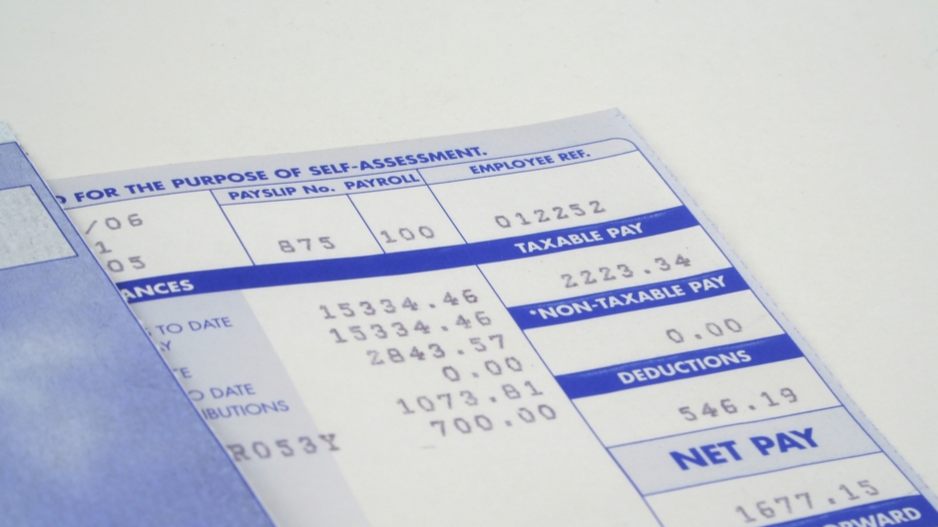Employers in Canada expect salaries to rise by an average of 2.3% in 2018, according to Morneau Shepell’s annual survey.
The new forecast is up from the actual 2.2% average increase in 2017 and the expected 2.3% compares favourably to the current inflation rate, which is about 1%.
The survey gathered input from 370 organizations employing 894,000 Canadians across industry sectors.
According to the survey, some industry sectors are expecting higher than average salary increases in 2018, including utilities at 2.9% and manufacturing and wholesale trade at 2.7%. These industries may be catching up after lower than average increases over the past few years, said the survey. Expected salary increases in sectors such as finance and insurance are expected to remain strong at 2.7%.
“Employers are relatively optimistic about the coming year,” said Michel Dubé, a principal in Morneau Shepell's compensation consulting practice. “Those expecting better financial performance in the coming year outnumber those expecting weaker performance by four to one. Despite this optimism, employers are still cautious about salary increases, perhaps reflecting a concern that rising interest rates may dampen economic growth next year.”
However, lower than average increases are expected in certain industry groups that face more uncertain economic circumstances, said the survey. This includes mining, and oil and gas extraction where average salary increases of 0.8% are expected. For salary increases in the public sector such as public administration, health care, and social assistance, employers are expected to average 1.7% next year, with educational services slightly higher at 1.9%.
Reflecting the different mix of industries by province, Alberta and Prince Edward Island are expected to have the lowest salary increases next year, at 1.8% and 1.9% respectively. Quebec is expecting the highest salary increases next year, at 2.6%. Salaries elsewhere are expected to be around the average, with B.C. expected to see a 2.4% increase.




